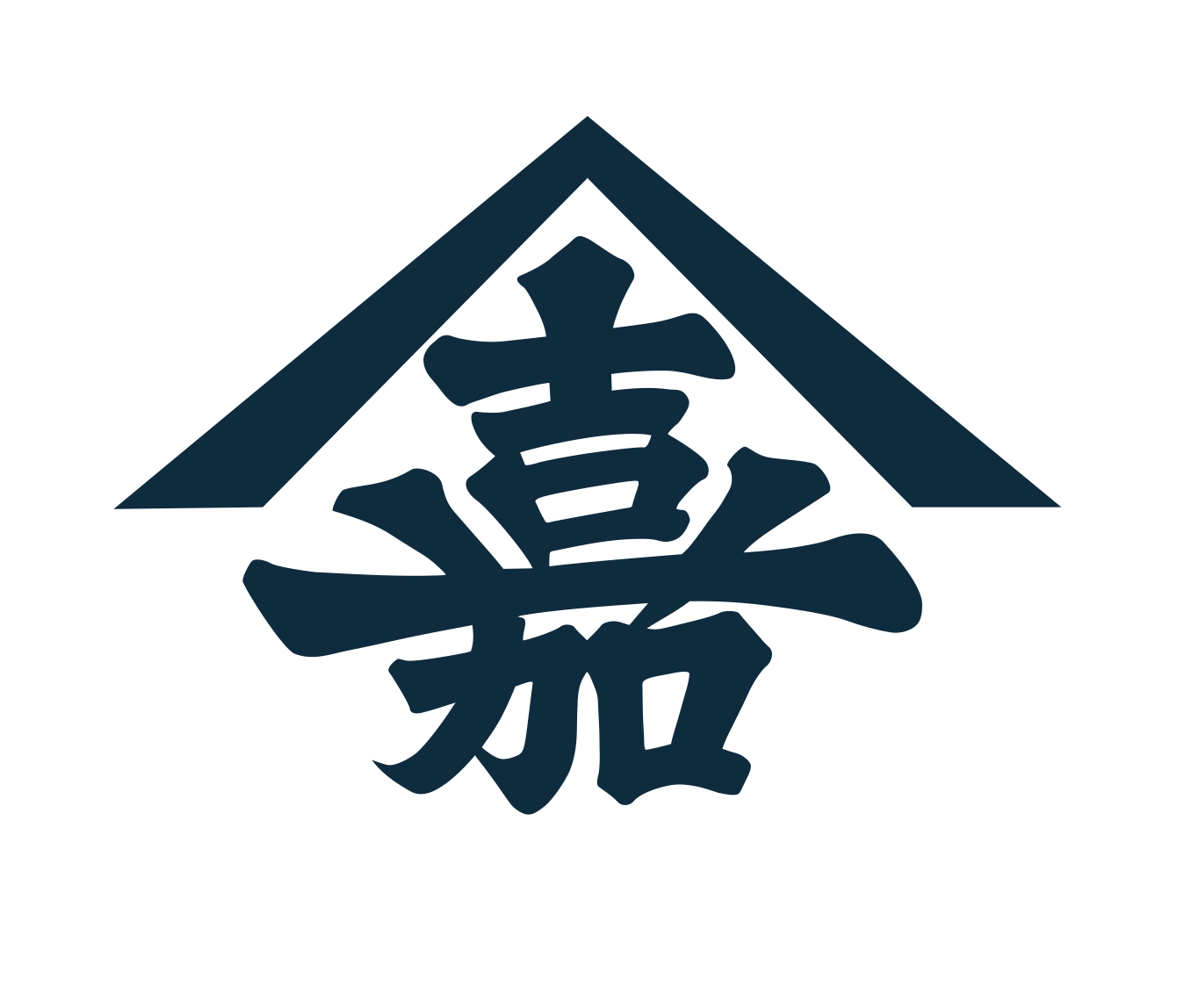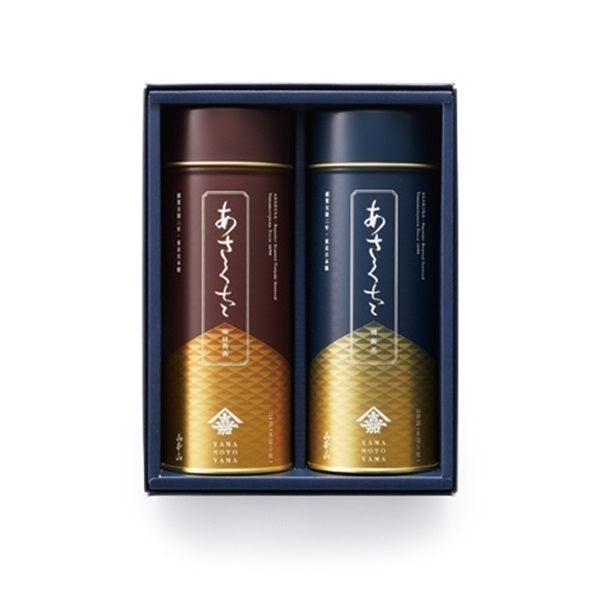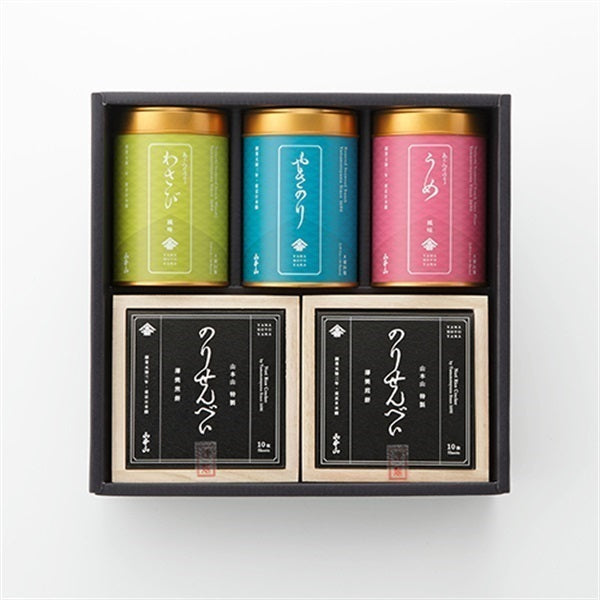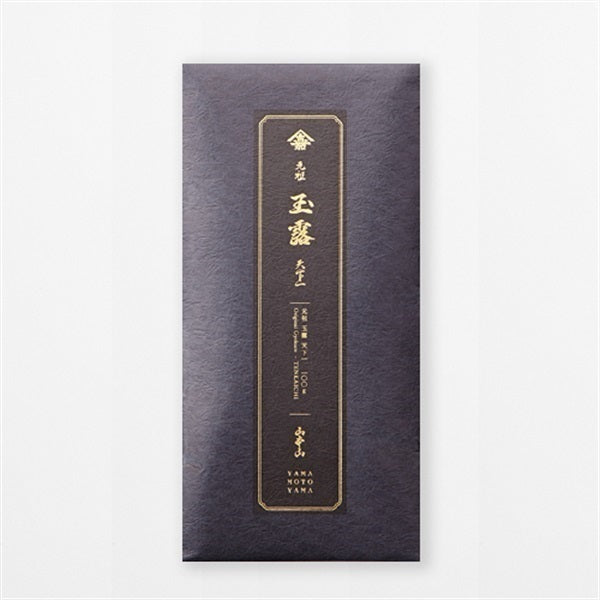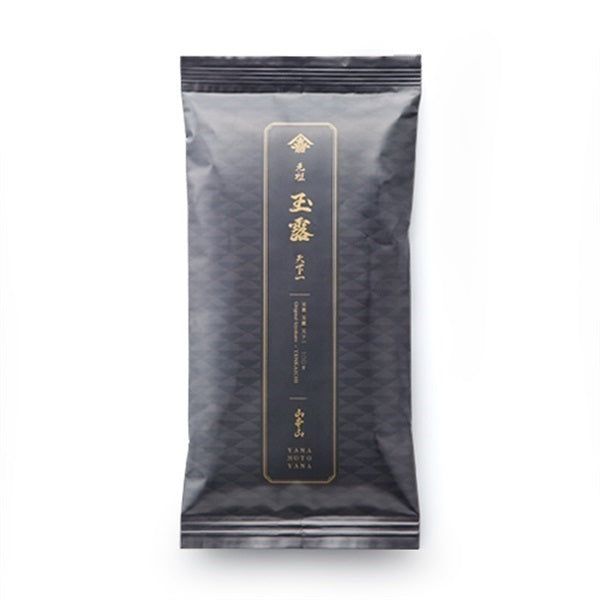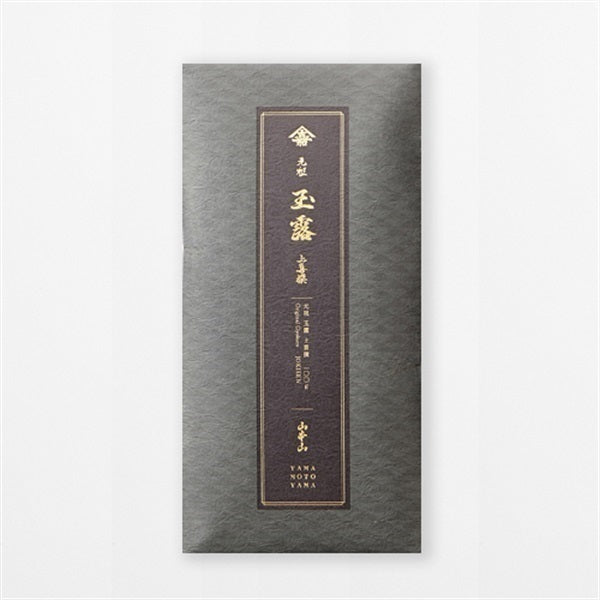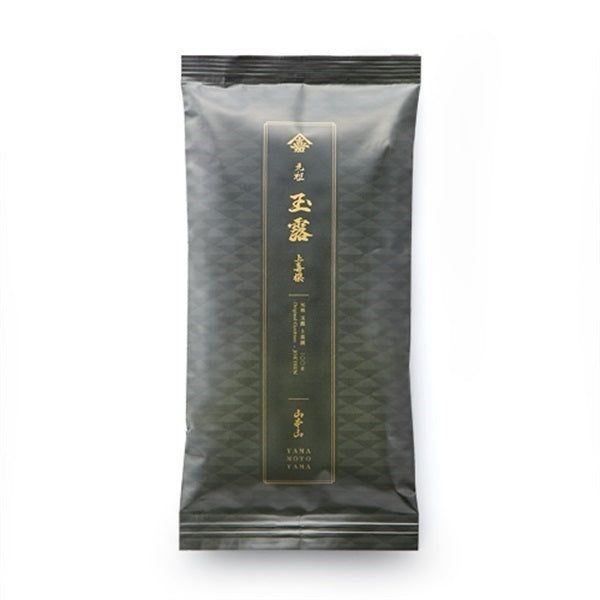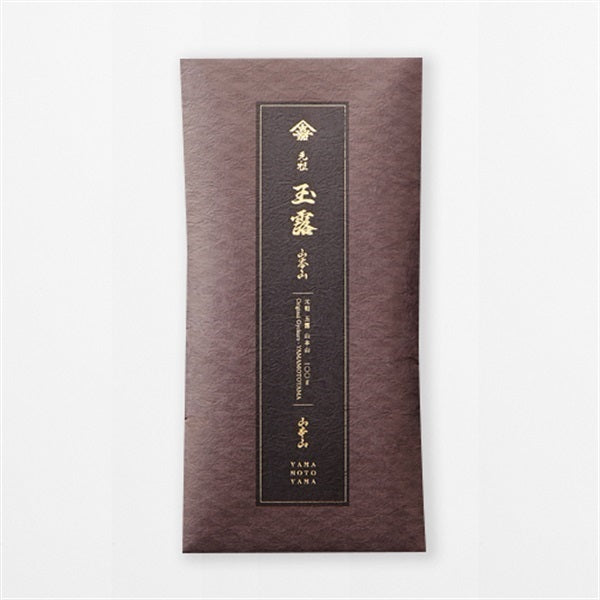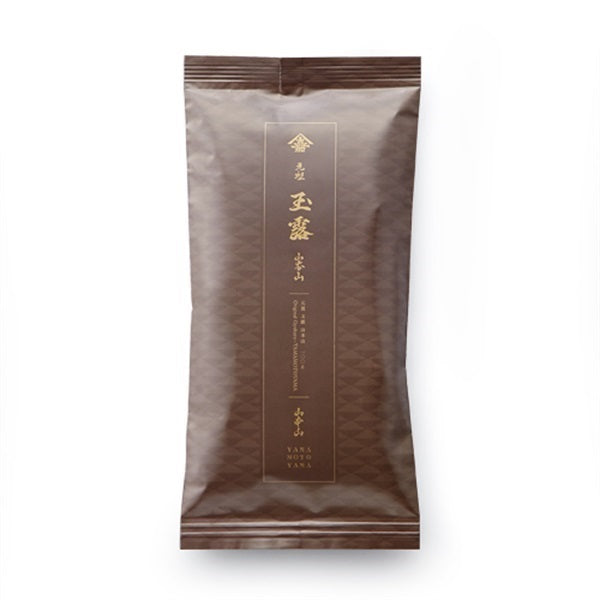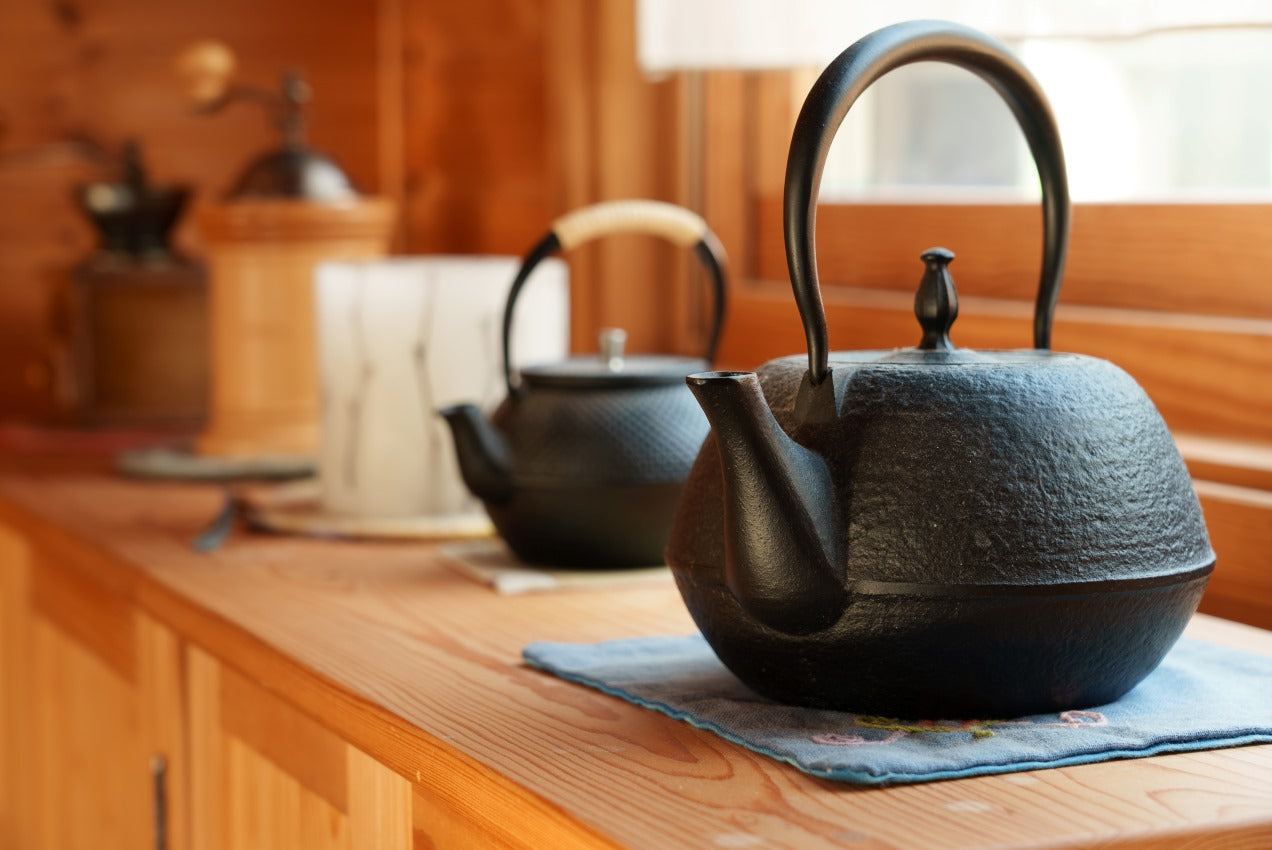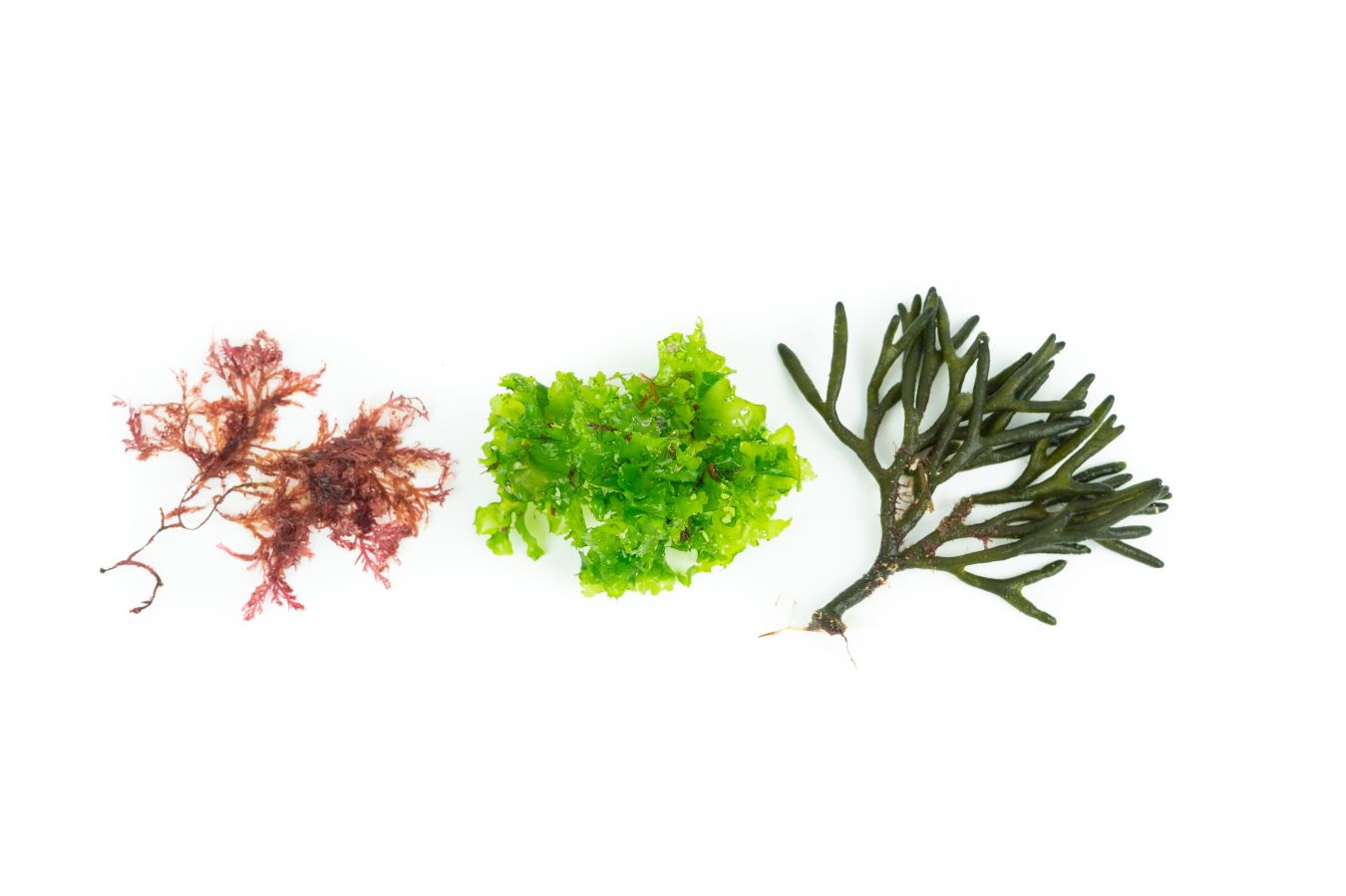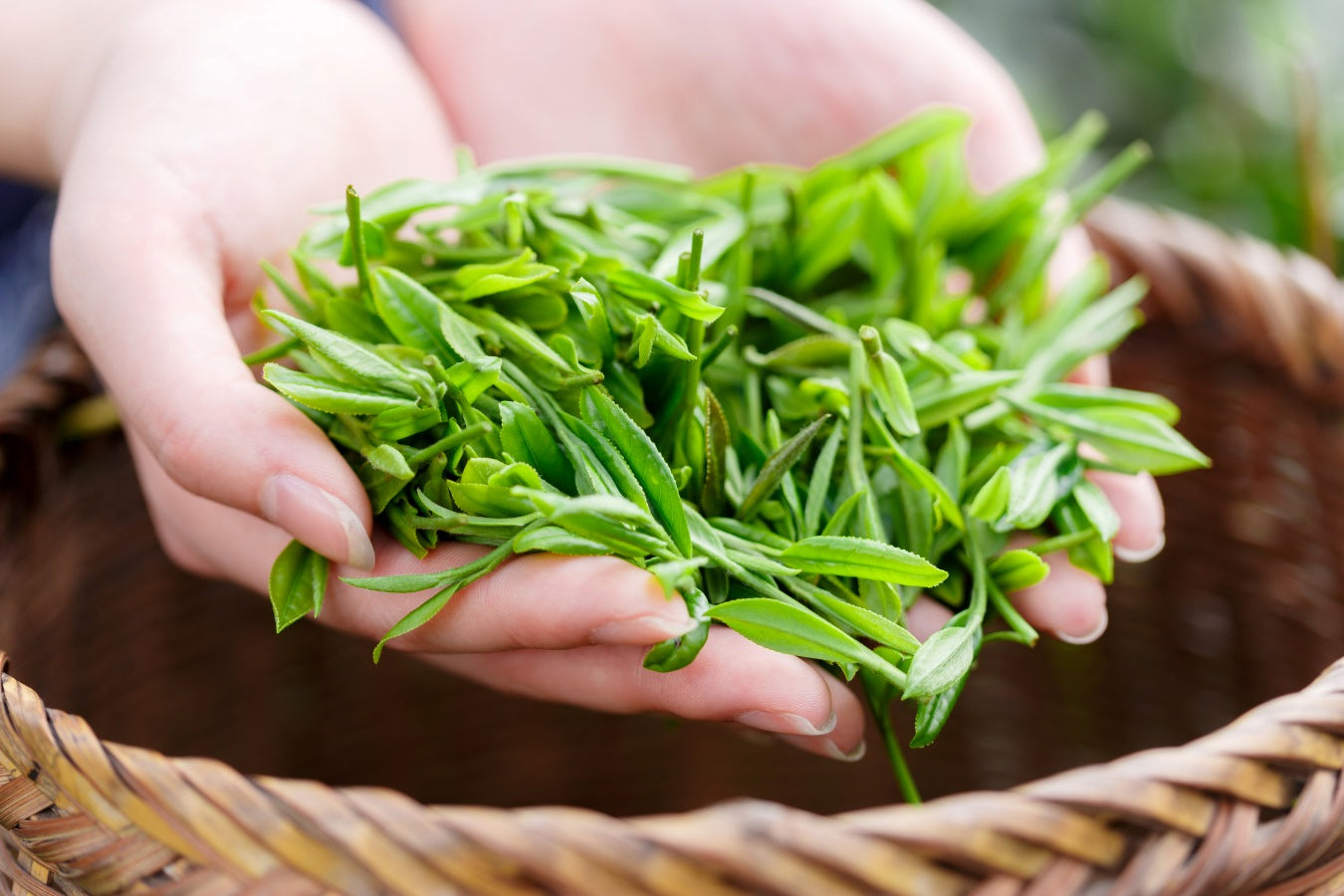
How much caffeine is in green tea? How many cups a day is okay?
Introduction
It is well known that coffee and black tea contain a lot of caffeine, but did you know that Japanese tea also contains a level of caffeine comparable to those drinks?
Caffeine is a physiologically active substance that has various effects on our bodies. Its main functions can be broadly divided into three.
Three functions of caffeine in tea
1. Effects on the central nervous system
It is expected to have the effect of activating brain function, such as waking up, improving concentration, and recovering from fatigue. It is useful when you want to wake up from sleepiness or improve concentration.
2. Effects on the heart
It has the effect of activating the heart and raising blood pressure, and is thought to improve athletic ability.
3. Effects on the kidneys
It has a diuretic effect, eliminating excess fluid from the body, helping to reduce swelling and replenish fluids after exercise.
In addition to these effects, caffeine is known to have various physiological effects, such as activating skeletal muscles and promoting metabolism.

Effective use of caffeine and precautions
Caffeine has the potential to enrich our lives when consumed in the right amounts in the right situations. For example...
- When you want to improve your concentration: Drinking caffeinated tea before an exam or while working can help you concentrate better.
- Improved athletic performance : Taking caffeine before exercise can help improve your athletic performance.
- Relief from fatigue : When you feel tired, consuming caffeine can have a refreshing effect.
As you can see, caffeine can be very useful in our daily activities if taken properly, but of course there are risks associated with consuming too much.
Excessive consumption may cause symptoms such as insomnia, palpitations, headache, dizziness, and gastrointestinal disorders.
Not only that, consuming large amounts of caffeine in a short period of time can cause acute symptoms of caffeine poisoning, and there have actually been several cases in Japan of people dying after consuming energy drinks.

Daily caffeine intake
In fact, there is no set maximum daily intake guideline in Japan. This is because "sensitivity to caffeine varies from person to person."
On the other hand, countries such as Canada and Australia have set daily intake standards, and generally, healthy adults are advised to limit their caffeine intake to 400 mg per day, excluding pregnant and breastfeeding women.
However, what I have listed so far is just a guideline.
As the government has not set standards, sensitivity to caffeine in particular varies greatly from person to person, with some people experiencing no problems even if they consume amounts above the upper limit, while others are affected even if they consume amounts far below the upper limit.
It also depends greatly on your physical condition and lifestyle on that day, so if you have any concerns, consult your doctor.

The amount of caffeine in Japanese tea
The amount of caffeine in Japanese tea varies greatly depending on the type of tea.
Generally, the younger the tea leaves, the higher the caffeine content. For this reason, gyokuro, which is grown under cover of new buds, contains particularly high amounts of caffeine among Japanese teas.
Amount of caffeine in drinks (per 100ml)
- Gyokuro : 160mg
- Matcha : 60 mg
- coffee : 60mg
- Hot cocoa: 35mg
- Black tea : 30 mg
- Oolong tea: 20mg
- Regular sencha : 2.0mg
- Hojicha: 20mg
- Bancha tea : 10mg
- Genmaicha: 10mg
- Kamairi tea: 10mg
- Barley tea: 0mg
As mentioned above, gyokuro contains far more caffeine than coffee, and matcha is comparable in caffeine content to coffee.
On the other hand, roasted green tea has a reduced caffeine content, making it popular as a tea that can be enjoyed without worrying about caffeine.

How many cups of green tea can you drink per day?
The amount of caffeine in green tea varies greatly depending on the type and brewing method, but is generally around 30-50mg per cup.
In other words, if you drink 8 to 13 cups of green tea a day, you will reach the upper limit of caffeine intake, which is 400 mg. Generally speaking, it is unlikely that you will drink that much green tea, but it is safe to limit yourself to a maximum of 5 to 6 cups a day.

summary
Of course, you should be careful not to consume too much, but consuming the caffeine contained in Japanese tea in appropriate amounts can help improve your quality of life.
In addition, to make the most of caffeine, it is important to adjust your intake according to your constitution and circumstances. Not only caffeine but also the other components contained in tea have a positive effect on health, so be sure to enjoy tea in conjunction with a balanced diet.
